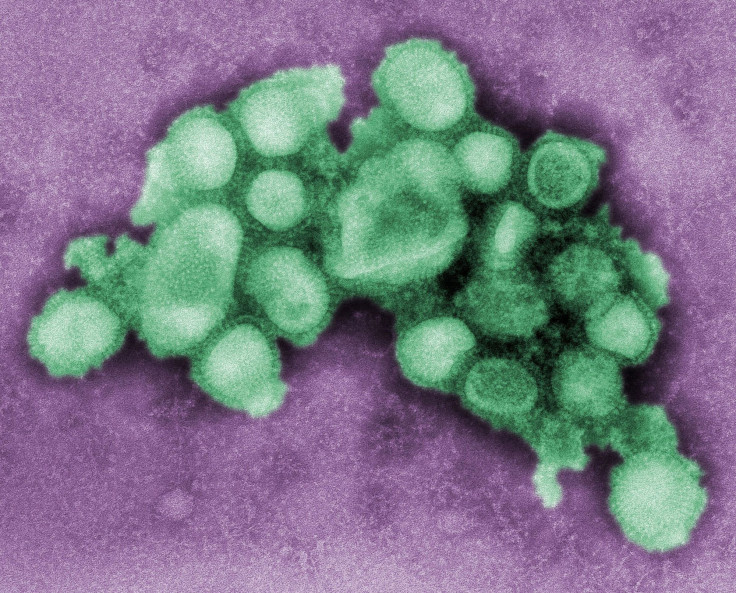12-Year-Old Girl Survives Brain-Eating Amoeba Infection

A 12-year-old girl, Kali Hardig, survived the brain-eating amoeba infection, thanks to an unfortunate little boy of St Bernard Parish, Louisiana, who died of the infection just the day before, said Dr. Mathew Linam and his team in a study published in Paediatrics. The boy’s demise led to an early diagnosis of the primary amebic meningoencephalitis in the girl caused by Naegleria fowleri, commonly referred as brain-eating amoeba.
A five-year-old boy who played slip and slide at St Bernard Parish in the summer late July 2013 was admitted in a hospital with severe fever and splitting headache after a week, reported the researchers. He reportedly died on Aug 1 of brain swelling before even the cause of the infection was diagnosed. The post-mortem diagnosis revealed the brain-eating protozoan infection, which has always been fatal in the victims, said the researchers.
The doctors didn’t suspect amoebic infection as the symptoms were close to bacterial and viral meningitis. The boy was found exposed to the protozoan present in treated tap water, making it the first case of its kind in the US.
When Hardig was driven to the Little Rock hospital with a temperature of 1030 F and similar symptoms, a day later, she was suspected by the doctors to be infected by N.fowleri. Hardig’s parents reported to the doctors that she had gone swimming in the nearby water bodies in which few were muddy. High concentration of white blood cells in the spinal fluid and staining procedures revealed the amoebic infection, which was confirmed by DNA analysis.
The girl was put on a cocktail of antibiotics by the doctors at Arkansas Children’s Hospital who also requested the Centers For Disease Control and Prevention (CDC) for an experimental drug miltefosine, which was found to be effective against amoeba. Linam, who treated Hardig, explained that an early detection of infection and antibiotic therapy provided within six hours saved the girl’s life. Warm and muddy water bodies in the South of the US often have the fatal parasites, and hence, usage of nose plugs is necessary, said the researchers.
To report problems or to leave feedback about this article, e-mail: saranya@ibtimes.com.au





















